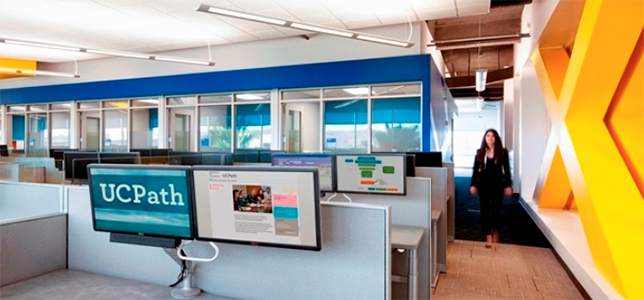University of California Delays UCPath Launch, Triples Cost

Image Credit: University of California.
The University of California (UC) system’s timeline to upgrade its payroll and personnel system was extended again and the project is now expected to cost more than three times the original budget, The Sacramento Bee reported.
UCPath (payroll, academic, personnel, timekeeping and human resources) is the UC system’s plan to modernize, unify and standardize its 40-year-old systems and resources for more than 200,000 employees across 20 locations. Once UCPath is live at all locations, UC employees will use the UCPath portal “to view personnel and payroll information, sign up for direct deposit, update tax withholdings, view or enroll in benefits, see vacation and sick leave balances and more” through the data management system, according to the project site. Upgrading the technology will eventually save the UC system more than $100 million per year, according to the report.
The project initially launched in September 2011 and was given a 36-month timeline and $156 million budget. With the latest extension, however, UC officials estimate UCPath will cost $504 million, plus a $26 million contingency for any unexpected expenses near the end of the project. So far, UC has spent $327 million, The Sacramento Bee reported.
The plan is to launch UCPath in a series of deployments to a set of four to five campuses, “each with a large volume of complex data to be moved from a campus’ local payroll and personnel systems into the UCPath system,” according to the project site. After being pushed back twice in the past two months, the project timeline is more than four years behind schedule.
UC spokesperson Ricardo Vazquez told The Sacramento Bee that the UC system postponed the first launch because “additional testing was needed” for the massive data conversion. The first pilot deployment is currently scheduled for December 2017.
Further information is available on the UCPath site.
About the Author
Sri Ravipati is Web producer for THE Journal and Campus Technology. She can be reached at [email protected].